Distinguished guests,
Ladies and gentlemen,
Good afternoon.
Welcome to the 2021 Practitioners Conference, the final instalment of our
Singapore Accountancy and Audit Convention series this year. Covid-19
has changed the world, and its effects continue to reverberate through the
business and societal landscape. Even as the pandemic continues to
evolve, the world is also grappling with the climate crisis. Amid these
global threats, there is an opportunity for the audit profession to rise to the
occasion and make a positive difference. Hence, this conference is titled
“At the Lead of Change”, to emphasise the role of auditors as leaders in
the face of change.
This is also the title of our panel discussion later. The consequences of
the Covid-19 pandemic on businesses are complex and have resulted in
challenges for auditors as well as management and those charged with
governance. Covid-19 has sparked fundamental shifts in society and
inspired new business and operating models. The question is no longer
“whether” and “how” the auditor needs to acclimate to these changes; it is
“how fast?” Our panelists will examine how the audit profession can play
a key role in businesses’ change agenda.
We have also lined up various subject matter experts who will share their
insights on topics that impact the audit profession.
Topics Covered at Practitioners Conference
As many of you know, to promote quality audit, the Accounting and
Corporate Regulatory Authority (ACRA) will be enhancing its audit
regulatory regime to widen the scope of inspection powers through
amendments to the Accountants Act. We are pleased to have Ms Kuldip
Gill, Assistant Chief Executive, Accounting and Compliance Group at
ACRA, to share more on this. She will discuss the key proposed legislative
amendments and highlight observations from ACRA’s firm-level and
engagement inspections, the common and recurring deficiencies, and key
reminders to guide the audit profession in upholding high-quality audits.
The amendments to the Accountants Act are an important change. ISCA
will be conducting focus groups to gather feedback from the ground. I also
encourage firms to provide your feedback on the amendments, either to
ACRA or ISCA.
On the topic of audit quality, the new and revised quality management
standards are expected to create a paradigm shift in the way audit firms
approach quality management. The standards seek to address an
evolving and increasingly complex audit ecosystem and the need for
quality management systems that are proactive and adaptable. This
afternoon, there will be a panel discussion on how the new quality
management standards can help elevate audit quality, as well as potential
implementation challenges. The new standards will become effective on
15 December 2022. I strongly urge audit firms to plan ahead for the
implementation, to ensure a smooth rollout.
To support the profession in the implementation of these new
requirements, ISCA will be issuing guidance materials to raise awareness
on these standards. In addition, ISCA is developing a quality management
toolkit comprising implementation help tips, practical examples, and
suggested policies and procedures. Discussion-based workshops will be
rolled out to guide audit firms in the development of customised quality
management manual with the use of the toolkit. ISCA also continues to
provide support to firms in the implementation of the firm’s tailored quality
management policies and procedures under its Quality Assurance Review
Programme. This voluntary programme, which supports public
accountants in raising the quality of their practices and engagements,
involves the review of signed-off engagement files and firm-level quality
management policies, procedures and controls. Tailored training sessions
on the key findings are also covered under this programme.
Technology advancements is an area which offers vast opportunities for
the audit profession. Companies are harnessing data and technology to
drive business decisions and cut through complexity. Similarly, auditors
are leveraging technology tools such as data analytics, to enhance the
quality of their audits and deal with large volumes of data more effectively.
In the age of digitalisation, data analytics is a game-changer for the audit
profession, as it seeks to innovate in the face of mounting stakeholder
expectations, business complexities, technological advancements and
large volume of transactions.
To provide guidance for auditors on the key principles of the application
of data analytics in the audit of financial statements, ISCA has issued
Audit Guidance Statement 13 (or AGS 13) Data Analytics in a Financial
Statements Audit. This afternoon, Mr Sanjay Gordhan Panjabi, the
Chairman of the ISCA Auditing and Assurance Standards Committee’s
Data Analytics Sub-Committee, will share how data analytics can
contribute to highly effective audits, and how auditors can kick-start their
data analytics journey using AGS 13.
We will also have experts sharing about ethics and independence in a
dynamic world, key findings from ACRA’s latest audit adjustment study as
well as the emerging risks and considerations from infrastructure sector
growth.
Supporting the Profession through the ISCA Support Fund
Quite a few of the topics allude to the dynamism today and the increasing
digitalisation of tomorrow’s world, brought forth in part by the pandemic. It
has been more than a year since the pandemic happened. Throughout
this challenging period, ISCA has continually supported our members and
the profession. Last April, we rolled out initiatives offering career support,
resources and virtual learning support to help our members.
This February, we launched the ISCA Support Fund, to position the
accountancy profession for success in the post-Covid-19 environment.
Catering to the differing needs of accountancy professionals and small
and medium-sized practices (or SMPs), the Fund has three strategic
thrusts: Support Businesses, Sustain Livelihoods of Accountancy
Professionals and Safeguard Professional Credentials.
Under the Support Fund, each firm can receive up to $15,000 to help them
digitalise and broaden their offerings. To date, close to 140 SMPs have
benefited from this scheme.
Tapping the Support Fund, Mr Wayne Soo, Managing Partner from
Fiducia LLP has attended Part One of the ISCA Information Systems Risk
Management programme this month and will take the advanced module
next month. He took this certification programme to deepen his skills and
progress towards offering Information Systems advisory, thereby
providing more comprehensive business support to his clients. His firm is
also in the process of implementing the valuation tool curated under the
Support Fund to bolster the firm’s growing valuation advisory business.
Similarly, with funding from the Support Fund, Ms July Qu, Director from
ACF Corporate Consultancy adopted a document management tool to
support the firm’s corporate secretarial services. Prior to digitalising the
process, her team required up to three hours to prepare a set of
incorporation documents and often, there might still be errors that need
amendments. After implementing the tool, her team only required half an
hour to prepare the same set of documents. The solution also enabled the
firm to store all relevant documents and emails pertaining to each client in
one location, saving her team much time when searching for relevant
client information. Ms Qu plans to continue subscribing to the solution
even after funding ceases.
Conclusion
At ISCA, we continually improve our offerings to enable our members to
achieve their professional aspirations. In a fast-moving world, we know
that we have to move as fast, and if not faster, to support our members
and the profession through the changes. I hope that through today’s
programme, our participants will be empowered to be change leaders and
difference makers, to create a positive impact that will collectively move
us towards a brighter, more sustainable future. As audit professionals, we
have the breadth of skills, commitment to ethics and global expertise to
create change.
Before I end my speech, I would like to thank our Guest of Honour Mrs
Tan Ching Yee for taking time off her busy schedule to deliver the keynote
address. I would like to also thank the speakers and panellists for being
part of this event. Last but not least, I thank our participants. Without your
presence, today’s event would not have been possible.
I wish everyone an enjoyable and fruitful session ahead.
Thank you.

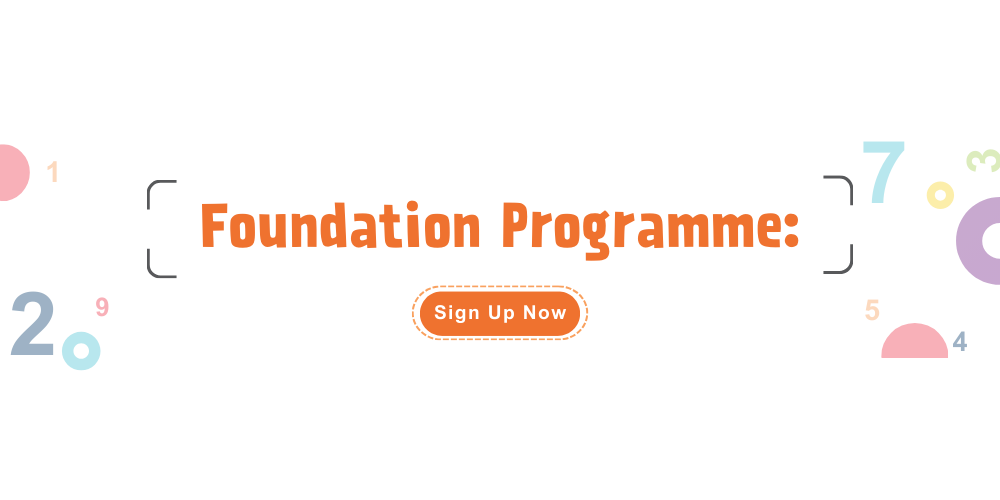
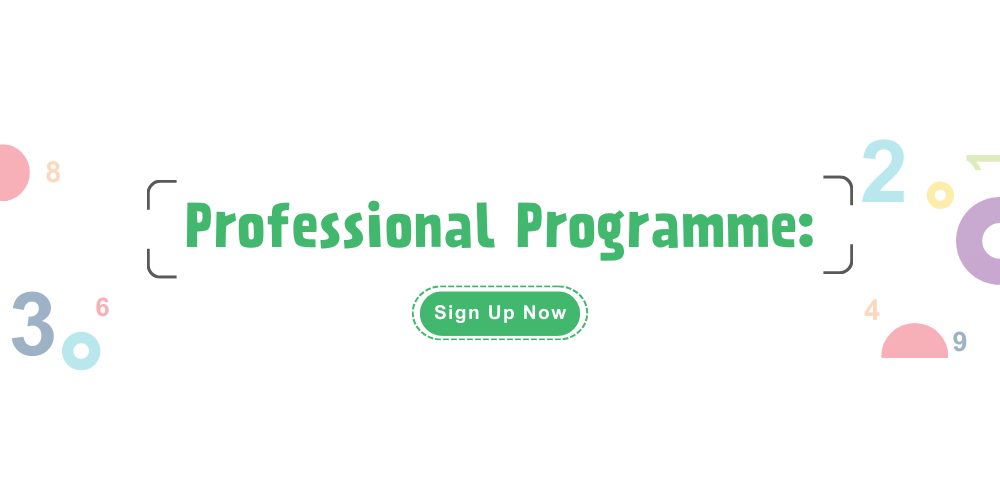
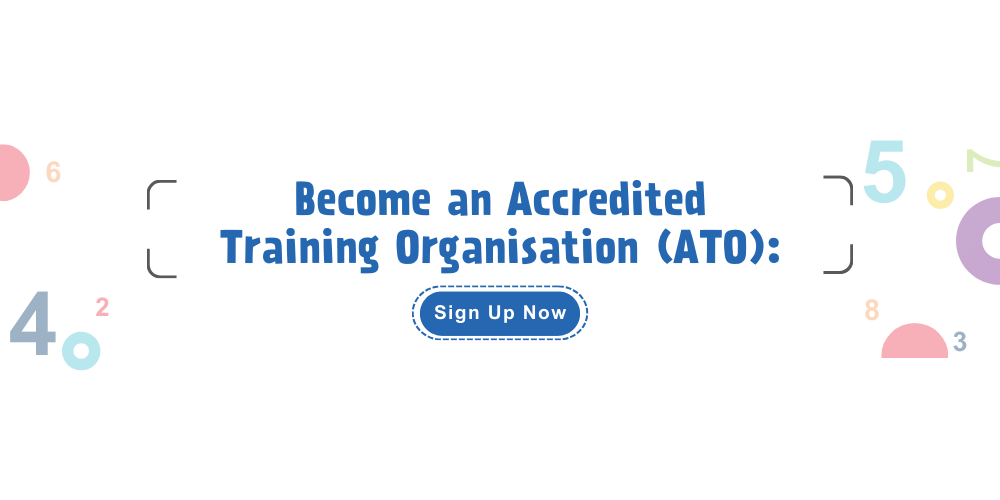

.png?sfvrsn=dd675fd5_2)


6a6c7fe2013f4be3b0ecc0a5930da5c9.jpg?sfvrsn=ab5334c8_0)

/business-management-global-connection/istock-1167579720-c.jpg?sfvrsn=ff93f9a5_2)
/audit-assurance/istock-1169206203-c.jpg?sfvrsn=1d6f9b25_6)

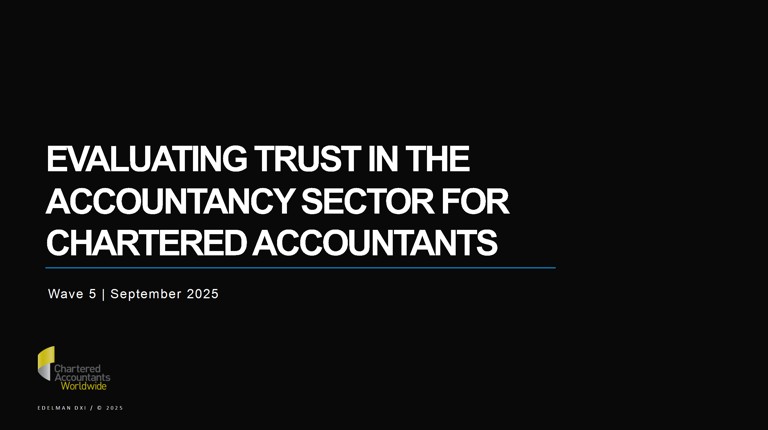
/ethics-and-professionalism/istock-1141115724-c.jpg?sfvrsn=4e54d691_2)

/audit-assurance/istock-818732836-c-v3.jpg?sfvrsn=ae44e7b7_0)
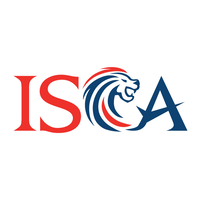
.png?sfvrsn=905ee1bd_0)
/legal-secretarial/istock-866706340-c.jpg?sfvrsn=d7f57b8c_2)